
Paving the Path to Jobs and Vocational Success for Different Brains
By Angela Mahoney, M.Ed.
With the importance and focus on pre‐vocational planning ever growing, educators and parents are left wondering where and how to begin! Currently, middle school and high school educators- along with parents- are faced with the challenge to plan for transition. Districts are working with teams to create strong, consistent transition plans that meet the diverse challenges of many students beginning in the middle school years. Many educators, parents and therapists find themselves struggling with creating a consistent plan that meets the needs of building a strong vocational skill set for all young adults.
Through implementation of a foundation focused on the categories of job readiness, clerical, retail, food service and grocery, education teams are able to develop a plan that can be implemented across a variety of settings. Although basic, these experiences and opportunities help young adults determine what a good it is in terms of what they want to do for employment post high school.
Job readiness activities should encourage young adults to focus on learning the following skills related to job preparation such as:
- Discuss and recognize job appropriate behaviors as well as expectations
- Learn appropriate work related communication skills
- Directly practice the job application process
Young adults should work on a variety of tasks related to the vocational area of clerical work with such as:
- Filing numerically or alphabetically
- Collating and stapling papers
- Folding legal size paper in thirds or half
- Prepare and seal envelopes for mailings
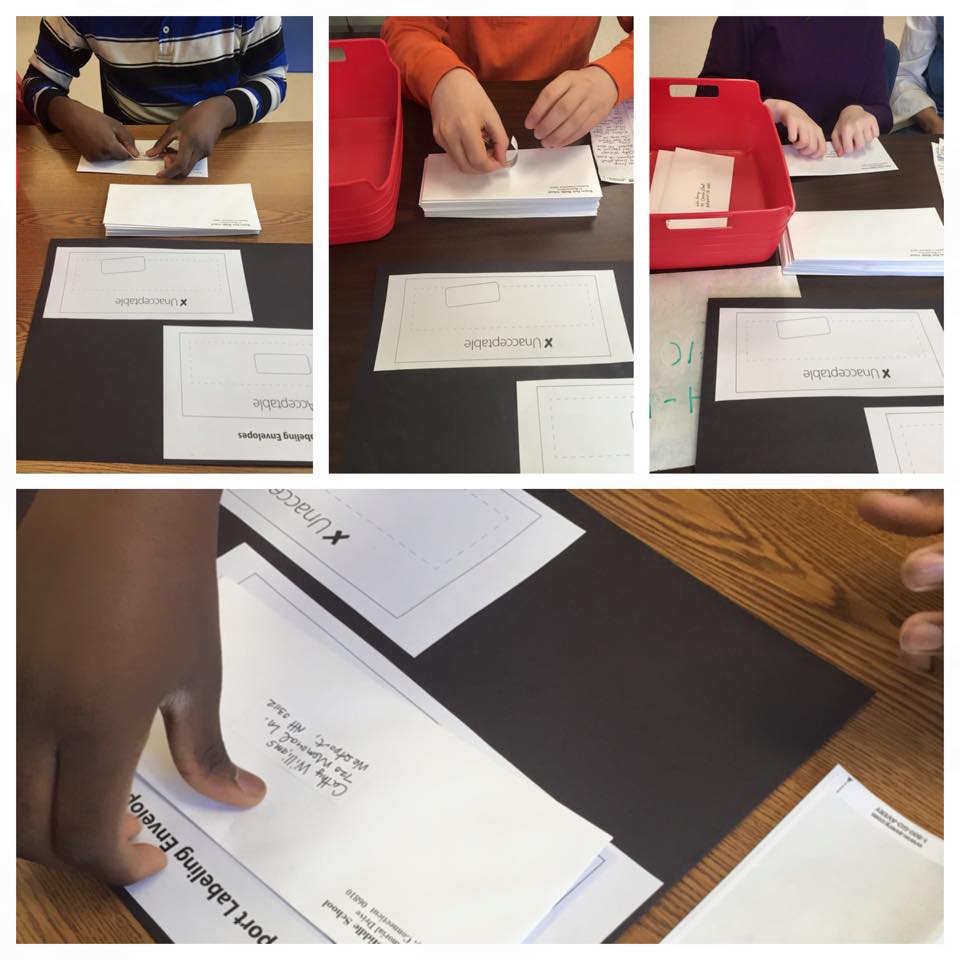
When working hands‐on in the area of retail, young adults should practice a variety of skills such as:
- Sizing and boxing shoes
- Hanging shirts and pants on hangers
- Sort shirts by size as well as price them
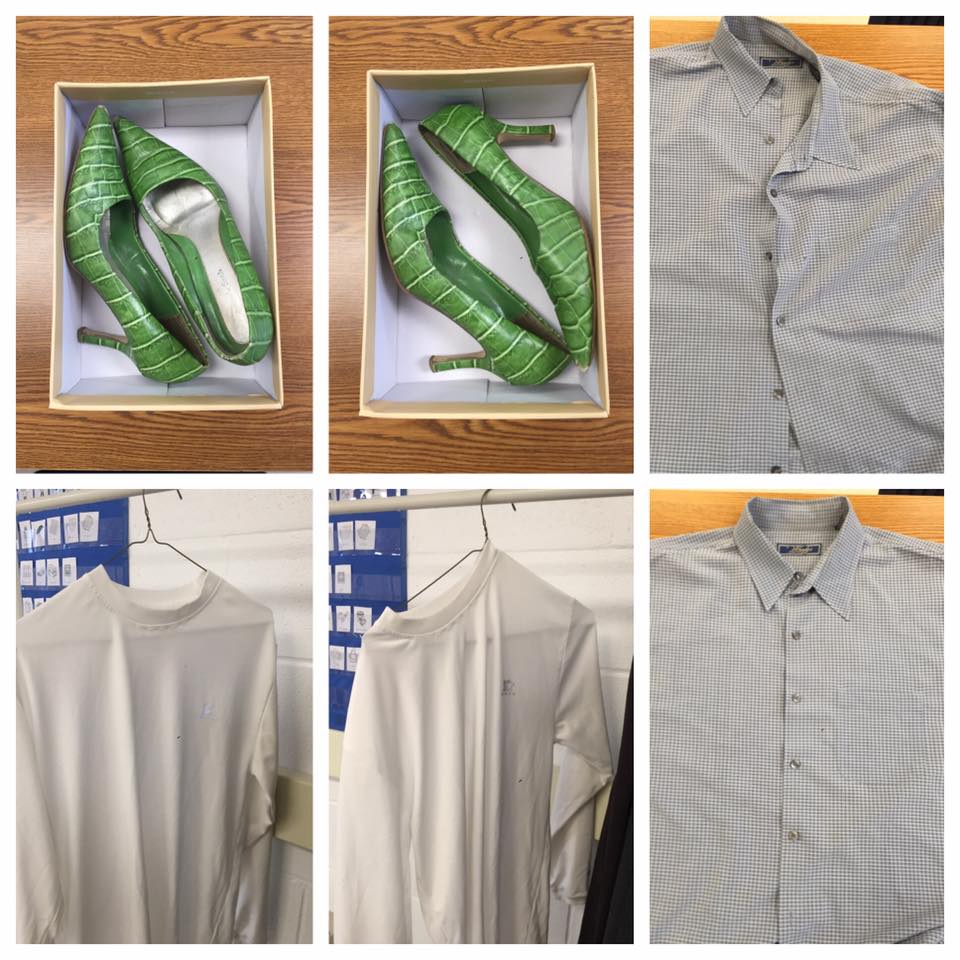
In the area of food service, young adults should be exposed to a range of activities, learning skills such as:
- Setting and clearing tables
- Assembling place settings and prepping condiments
- Fold napkins into a rectangle or diamond shape
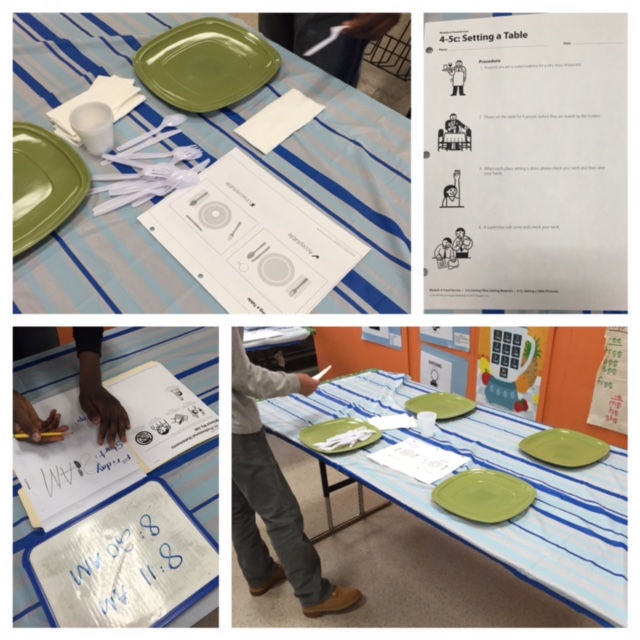
Additionally, young adults should be learning skills related to a variety of grocery tasks such as:
- Bag and sort a variety of grocery items
- Stock shelves
- Take inventory of items for sale
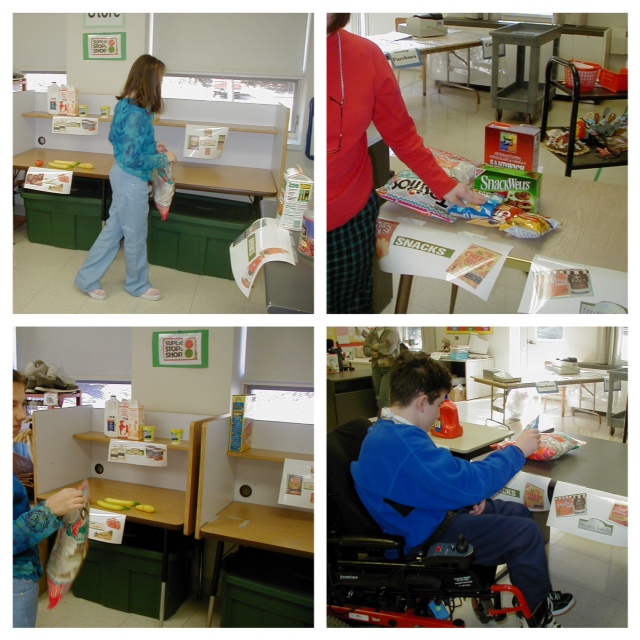
There are many opportunities and a range for vocational tasks to be introduced, discussed, and retained. The keys for solid growth in a range of vocational skill levels are opportunity, consistency and repetition. Consider what young adults are currently working on across a variety of settings and then ask yourself if you can add additional experiences to build a strong vocational foundation.
Remember that vocational planning is a process designed to prepare young adults for a successful transition to meaningful, paid work in the community. It commonly involves training in the basic work skills required for a typical employment setting. Wherever the path may lead following high school, a strong foundation of these skills provided will help contribute towards workplace success for ALL young adults with diverse needs!
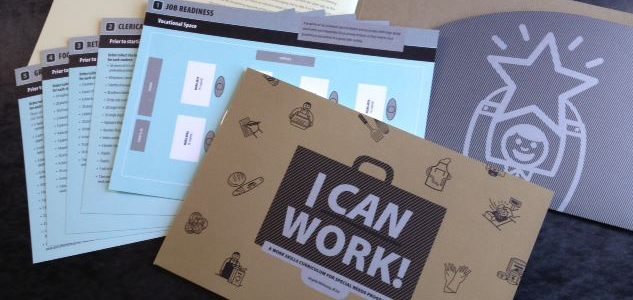
Angela Mahoney, MEd is a middle school special educator in a remarkable program in Danbury, CT called Skills for Life, where she teaches students on the autism spectrum. Skills for Life is a functional skill based program focusing on developing communication skills through sensory focused, hands‐on activities in the classroom and in the community.
Angela has worked with students of all ages in a variety of settings over the last 16 years. Her career includes tenure at a private school where she worked with over seventy five middle and high school aged students on a weekly basis, implementing an inclusion‐based elementary program for students with autism, as well as co‐teaching core academic classes as part of a team comprised of fellow middle‐school educators.
Angela’s passion for education and community connections has evolved into much more than she ever imagined. She is fortunate to travel the United States sharing her vocational and life skills program called I Can Work! with other wonderful, hardworking educators, inspiring along the way the best she can and always feeling inspired herself to do so much more.
You can learn more about Angela and her work at
http://icanwork.therapro.com/
You can also follow her on Facebook for weekly updates and new ways to increase vocational learning for all at https://www.facebook.com/ICanWork2013/




